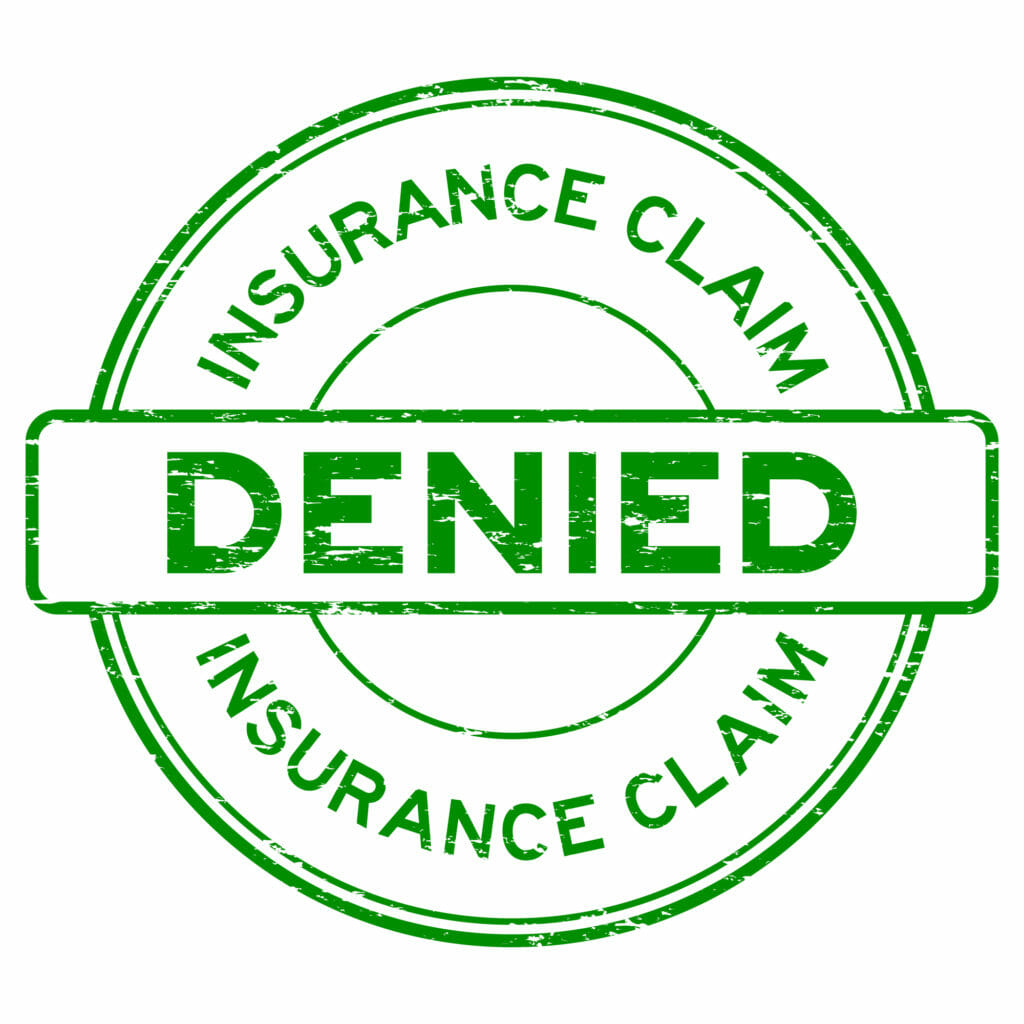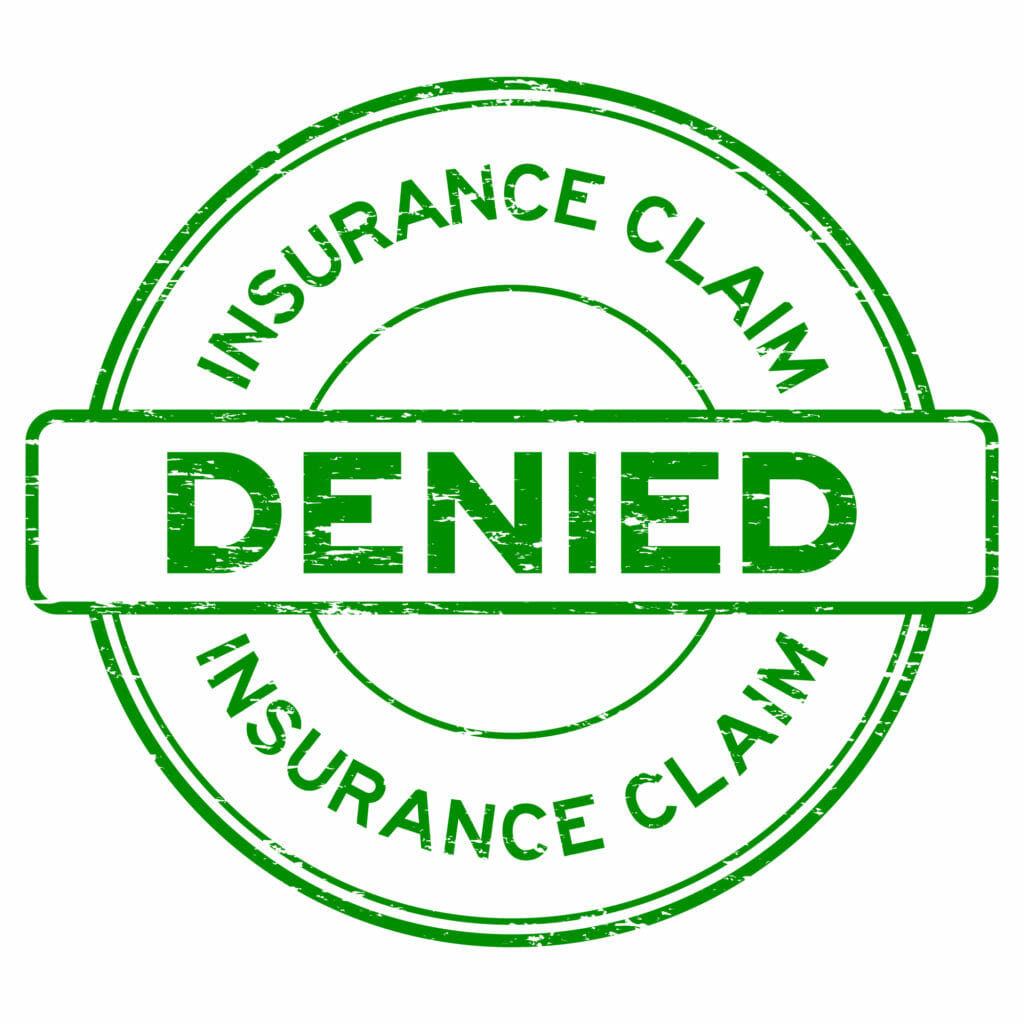
Insurance is a key part of any business, including cannabis businesses. As Jonathan Bench has explained:
Insurance in the cannabis industry is big business, and business owners need to know what policies are available and what those policies cover. Why? Because in insurance policies, like all other business contracts (e.g. leases), the risk of a business venture is divided between the contracting parties. Your insurance policies are contracts where you pay your insurer to take some of the risk of your business venture away from you – for a fee, of course.
Among the most important aspects of an insurance policy are the circumstances in which it requires an insurer to defend and indemnify the policyholder from a lawsuit by a third party. Disagreements between the insured and insurer may result in lawsuits between the insured and insurer, often over enormous sums of money. The lawsuits typically arise from a simple set of facts: (1) the insured is sued or threatened with a lawsuit, (2) the insured notifies its insurer (“tenders the claim”) and asks for defense and indemnity, (3) the insurer informs the insurer of its coverage position, i.e. that it will not defend or indemnify, or that it will defend but with a reservation of rights, (4) the insured disputes the coverage position and cannot reach a resolution with its insurer, and (5) the insurer or insured files an action for declaratory judgment asking a court to rule whether the insurer has a duty to defend and indemnify.
These kinds of lawsuits—typically referred to as “coverage actions,” require a close reading of the insurance policy and relevant case law alongside the complaint filed against the insured. The resolution of a coverage dispute may drastically effect settlement and may result in financial ruin for an insured whose claim is deemed outside the insurer’s duty to defend and indemnify.
Last summer I wrote about a multi-million lawsuit filed by Big Bush Farms against Boones Ferry Berry Farms arising out of a hemp production contract. Briefly, Boones agreed to plant, grow, dry, and harvest 27,000 plants for Big Bush. Boones agreed to pay all costs relating to the grow and Big Bush agreed to pay $25/lb for all the hemp harvested from the 27,000 plants, plus a bonus of $1/lb for every 2% CBD oil content over 10%. Payment for the crop was due at several intervals on or after the delivery of the crop. Big Bush alleges that Boones harvested 108,000 lbs of dried biomass which tested at 14.5% cannabidiol (“CBD”) oil content. Boones apparently delivered only around 4,200 lbs of the crop even though Big Bush had prepaid $150,000. Big Bush claims that Boones failed to deliver the remaining 103,747 lbs of hemp and failed to deliver other hemp grown pursuant to an oral agreement.
Last fall, I noted that American Family Insurance had filed a lawsuit in the federal district court of Oregon seeking a declaration from the court that it has no duty to extend to a defense to Boones Berry Ferry Farms, LLC and others (together “Boones”). The gist of the federal lawsuit is that American Family contends the claims against the insureds in the underlying state-court lawsuit do not give rise to a duty to defend or indemnify. Although the state-court lawsuit continues, the federal district court recently ruled in favor of American Family on the coverage question when it affirmed the report and recommendation of a federal magistrate.
Let’s take a look at this coverage dispute. Whether an insurance provider has a duty to defend is a question of law, typically determined by analyzing the insurance contract and the complaint. In most states, where a complaint is unclear but may be reasonably interpreted to include an incident within coverage, then the insurer has a duty to defend. Here, the Policy provided that American Family would provide a defense and pay damages because of “property damage” caused by a covered “occurrence.” The Policy defines “property damage” as “physical injury to tangible property. This includes loss of use.” The Policy further provided that property damage does not mean physical injury to “marijuana or cannabis plants, or any equipment or material used to grow, harvest, or cultivate marijuana or cannabis plants, even if legal in your state.”
American Family argued, among other things, that the complaint against Boones failed to allege “property damage” as defined by the complaint. American Family reasoned that the only property described in the complaint was “industrial hemp,” which is a product of “cannabis plants” and excluded from the definition of “property damage.” Thus, said American Family, there was no duty to defend because there was no property damage under the Policy.
Boones countered that the complaint did not allege physical damage to cannabis plants but rather harm from the “loss of use of tangible property” in the way of deprivation of the possession of industrial hemp. Boones contended that because the first part of the Policy defines property damage as including “loss of use,” American Family had a duty to defend.
The magistrate was not persuaded by Boones:
The Court reviews the Policy “presuming that words have their plain, ordinary meanings.” The Policy states that: “‘Property damage’ means ‘physical injury’ to tangible property. This includes loss of use.”. Under the plain language, “property damage” is “physical injury.” Given that the two are synonymous under the Policy, “[t]his” refers to both “property damage” and “physical injury” and both include “loss of use.” The Policy further provides: “Property Damage does not mean physical injury to . . . cannabis plants[.]
Because the Policy expressly excludes physical injury to cannabis plants, the Policy excludes “loss of use” of cannabis plants.
Consequently, the magistrate ruled that American Family had no duty to provide Boones a defense in the state-court lawsuit. Boones sought review of the ruling by the district court.
The district court agreed with the magistrate. Boones argued that the policy was ambiguous and must be interpreted in their favor. (This is an argument made by nearly every insured). The court disagreed. Although Oregon interprets insurance contracts against the insurer, said the court, Boones was not entitled to the benefit of that rule unless an ambiguity remained at the end of a three-step analysis. Under Oregon law, a court must:
(1) examine the text of the policy to determine whether it is ambiguous, that is, whether it is susceptible to more than one plausible interpretation (2) examine the disputed terms in the broader context of the policy as a whole; and (3) only if ambiguity remains, construe the policy against the drafter.
Boones, ruled the court, did not clear the first step of the analysis because the Policy plainly excluded coverage for loss of use of cannabis plants. So Boones has to carry on in the state-court lawsuit without any expectation that its insurer will pay for its defense or indemnify it from a damages award. And the plaintiffs in the state court cannot count on reaching into the pockets of the insurance company.
We expect coverage lawsuits involving hemp to become more commonplace, just as they are in other industries. My advice to hemp business owners is threefold:
- Make sure you have insurance and that you understand what loss(es) the insurance is intended to cover.
- Notify of your insurer (and your coverage lawyer) of any potential claim as the failure to do so can often result in a denial of cover.
- Retain an experienced coverage lawyer to review the policy and the insurance company’s coverage position and don’t wait long to do it. Your lawyer may convince the insurance company to change its position and save you thousands in defense costs and damages. In the best case scenario, you may not need a coverage action at all.
For more on cannabis insurance, check out the following:
- Anatomy of a Cannabis Insurance Policy, Part 1: The Basics
- Anatomy of a Cannabis Insurance Policy: Exclusions
- Cannabis Business Basics: Liability Insurance is a Non-Negotiable Priority
- Cannabis and Insurance Litigation
- Yes, Washington, You Really Need Cannabis Business Insurance
The post Hemp Insurance Litigation: Oregon Federal Court Rules Insurer Has No Duty to Defend or Indemnify Hemp Farmer for Plant Loss appeared first on Harris Bricken.



